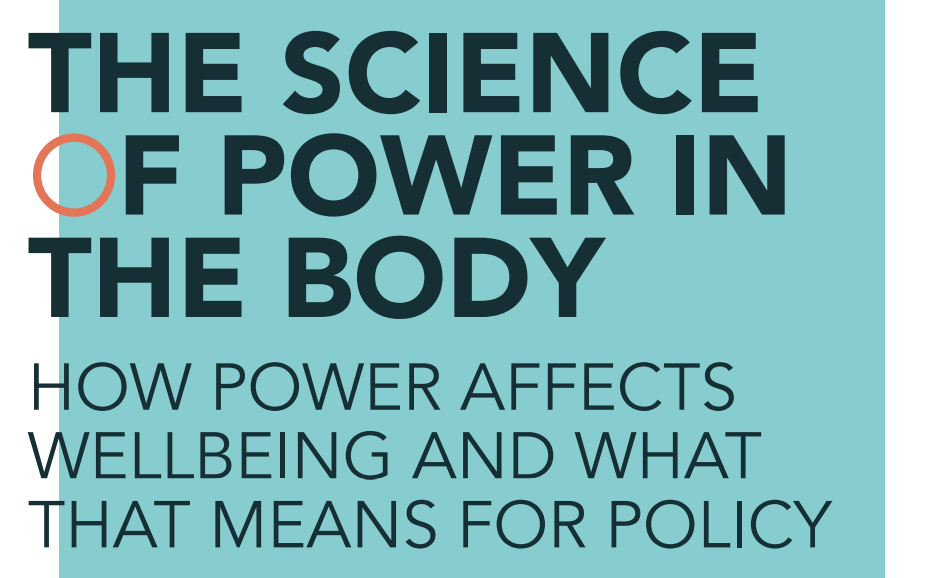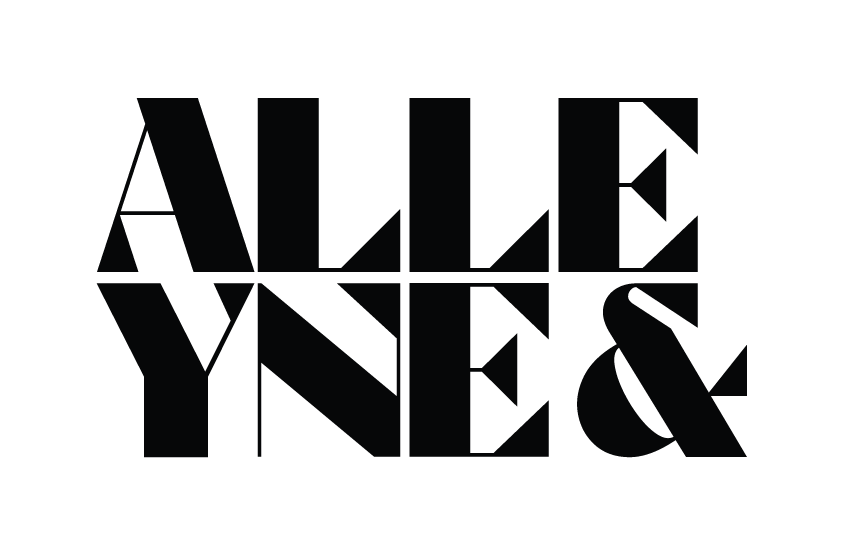The science of power in the body
Downloads

The science of power in the body, how power affects wellbeing - and what that means for policy
This discussion paper by Suzanne Alleyne builds on her research project ‘Neurology of Power’ and work as a Research Fellow at Demos to explore what science can teach us about the effect of power on the human experience.
Through a wellbeing lens, it considers how power and agency relate to:
- our individual physical and mental health;
- our relationships and wellbeing as communities;
- our leaders, policy and decision makers.
The paper looks at the links between the ways that power plays out in the body and brain, and what that might mean for public policy creation: how it is made, who it is for and what it is aiming to achieve.
The aim of this work is to continue to bring together multidisciplinary science, data, thinking and practice to catalyse effective action.
About the author
Suzanne Alleyne is a cultural thinker and Demos Research Fellow. She is the head of an eponymous business consultancy which combines commissioned partnerships in the cultural, corporate and third sectors with a research incubator.
Suzanne’s current work focuses on leadership, power, difference, and society. She is an inaugural Arts Council England Changemaker, a Fellow of the RSA, a 2020 Churchill Fellow and a 2022 Acumen Fellow. She was the inaugural Co-Chair of What Next?, is an Achates Brand ambassador, holds an MA in Arts & Cultural Management from King’s College, London, where she is currently a guest lecturer.
Prior to her work in the arts, Suzanne spent 25 years working across the commercial sector supporting and consulting for high profile international organisations and individuals. These include Barclaycard, Channel 4, Swatch, and Swiss Ski. Suzanne’s current key project is about the “Neurology of PowerTM”. This interdisciplinary practical science and lived experience research aims to examine inequality and power in the context of culture, arts, and leadership. She is investigating where and how power resides in the brain, using the lens of neuroscience, social science, academic thinking and cultural practice.
As part of Alleyne&’s work, we are rethinking the way we structure and fund access for senior leadership: developing collaborations with other senior leaders across the cultural and corporate sectors, so that neurodiversity is recognised, celebrated and the individual strengths of all parties are used to deliver something new. We have used this strategy to write this paper.
Related resources
- Read the accompanying blog.
- Discover our current work on community agency and control our project page.
![]()
[gravityform id=1 title=true description=true ajax=true tabindex=49]



